 |
| February 24, 2021 |
 |
| |
| |
| |
| |
| |
| |
| |
| |
| |
FROM THE STORE
 | | Racism: Confronting Injustice, Bias and Inequality The murder of George Floyd in May 2020 brought fierce and renewed tensions to issues of anti-Black racism and police violence in the US. The outcry and eruption of protests following Floyd's killing led to a long-overdue reckoning across industries, in politics and in society to confront white supremacy and racial injustice. For Scientific American, part of this reckoning is to make a commitment to improved and wider reporting of racism and to elevate Black and Brown voices. In this eBook, we've gathered some of our most important coverage to date, including how systemic racism is linked to COVID-19 and other public health crises, injustice in law enforcement practices and bias in academia and the scientific community. |  | | |
| |
| |
LATEST ISSUES
 |
| |
| Questions? Comments?  | |
| Download the Scientific American App |
| |
| |


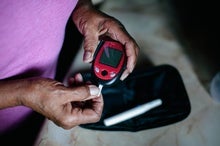
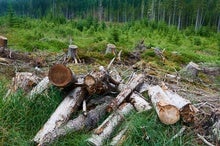
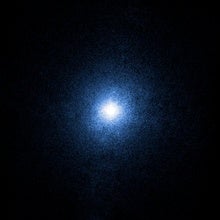



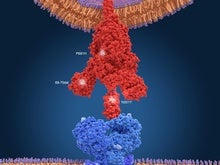

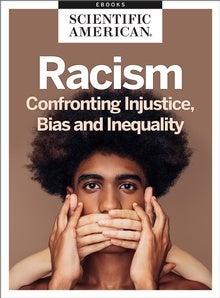



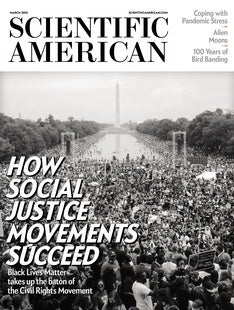

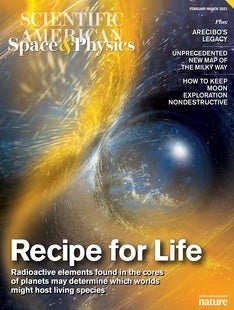
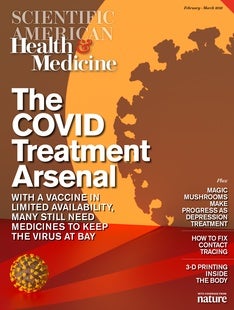
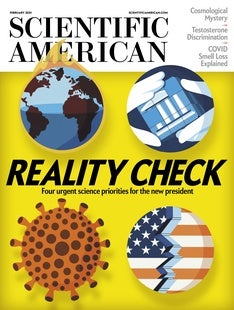



Comments
Post a Comment